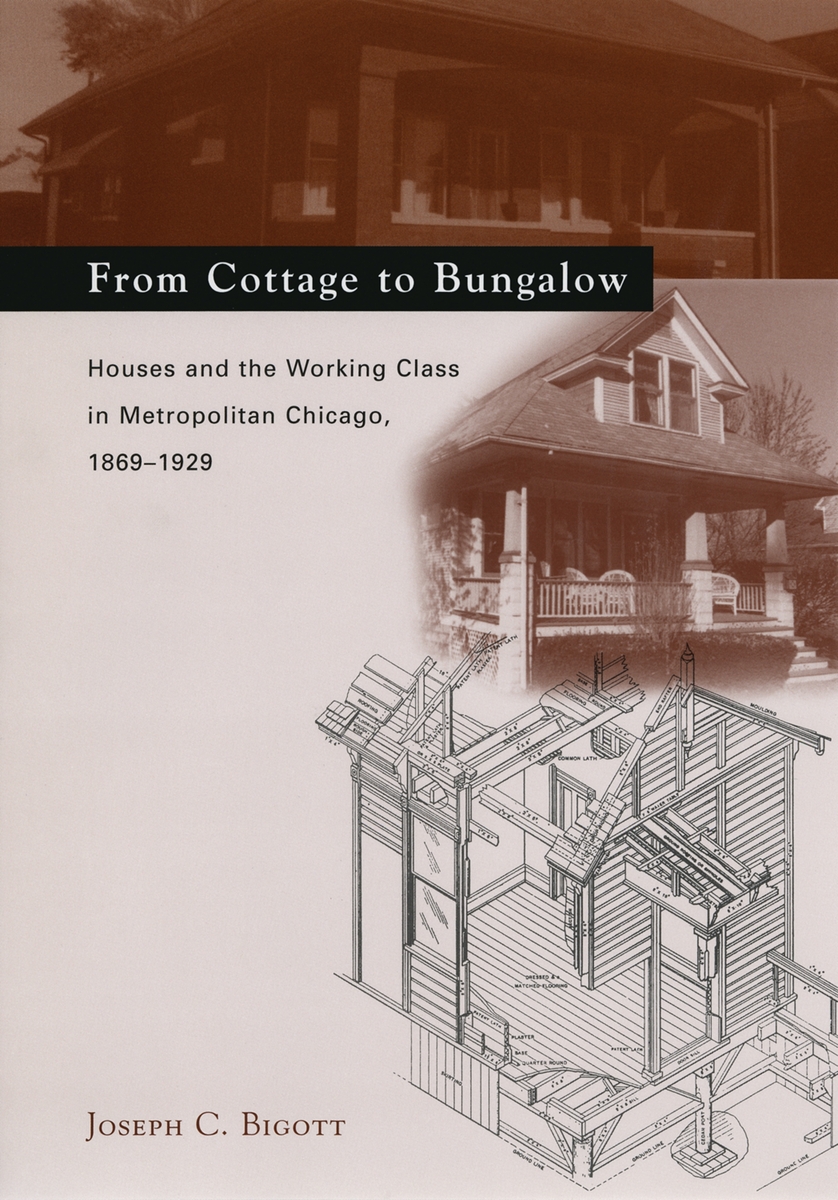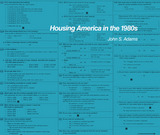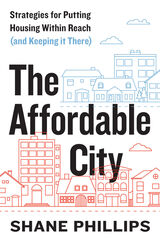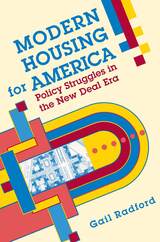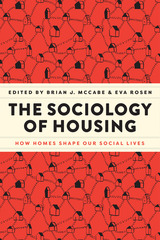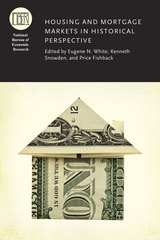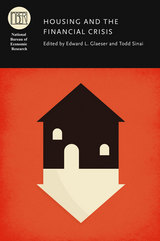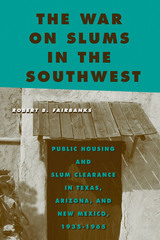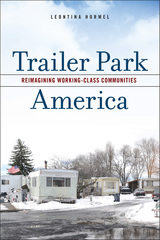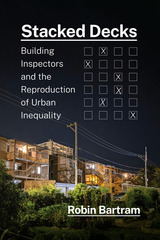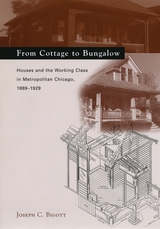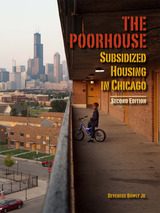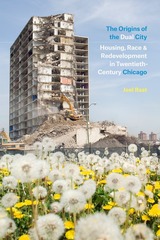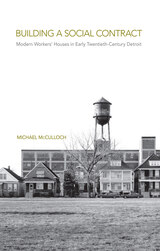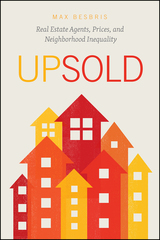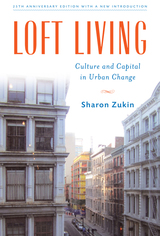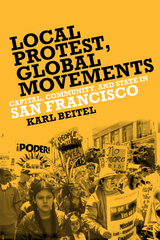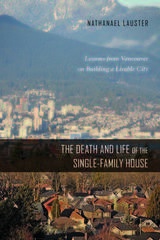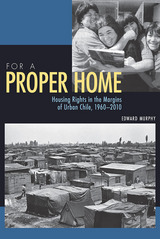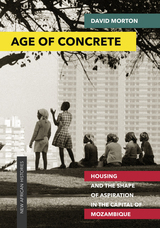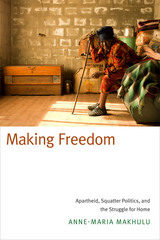From Cottage to Bungalow: Houses and the Working Class in Metropolitan Chicago, 1869-1929
University of Chicago Press, 2001
Cloth: 978-0-226-04875-8
Library of Congress Classification HD7304.C4B54 2001
Dewey Decimal Classification 363.50977311
Cloth: 978-0-226-04875-8
Library of Congress Classification HD7304.C4B54 2001
Dewey Decimal Classification 363.50977311
ABOUT THIS BOOK | AUTHOR BIOGRAPHY | TOC
ABOUT THIS BOOK
It's hard to overestimate the complexity of the factors that dictate something as simple as where, and in what sorts of structures, people live. Urban planning, business, labor, ethnicity, architecture—each influences the types of structures people live in, and the sorts of lives they lead within them.
Joseph C. Bigott takes on all of these fields in From Cottage to Bungalow, a sophisticated study of domestic structures and ethnic working-class neighborhoods in Chicago during the critical period of 1869 to 1929, when the city attracted huge numbers of immigrants. Exploring the meaning of home ownership in this context, Bigott develops two case studies that combine the intimate lives of ordinary people (primarily in Chicago's Polish and German communities) with broad analysis of everything from real estate markets to the very carpentry practices used to construct houses. His progressive methods and the novel conclusions they support chronicle not only the history of housing in Chicago, but also the organizations of people's lives, and the ways in which housing has affected notions of who is—and who is not—a worthy American citizen.
Joseph C. Bigott takes on all of these fields in From Cottage to Bungalow, a sophisticated study of domestic structures and ethnic working-class neighborhoods in Chicago during the critical period of 1869 to 1929, when the city attracted huge numbers of immigrants. Exploring the meaning of home ownership in this context, Bigott develops two case studies that combine the intimate lives of ordinary people (primarily in Chicago's Polish and German communities) with broad analysis of everything from real estate markets to the very carpentry practices used to construct houses. His progressive methods and the novel conclusions they support chronicle not only the history of housing in Chicago, but also the organizations of people's lives, and the ways in which housing has affected notions of who is—and who is not—a worthy American citizen.
See other books on: Architecture, Domestic | Buildings | Housing | Minorities | Working class
See other titles from University of Chicago Press
